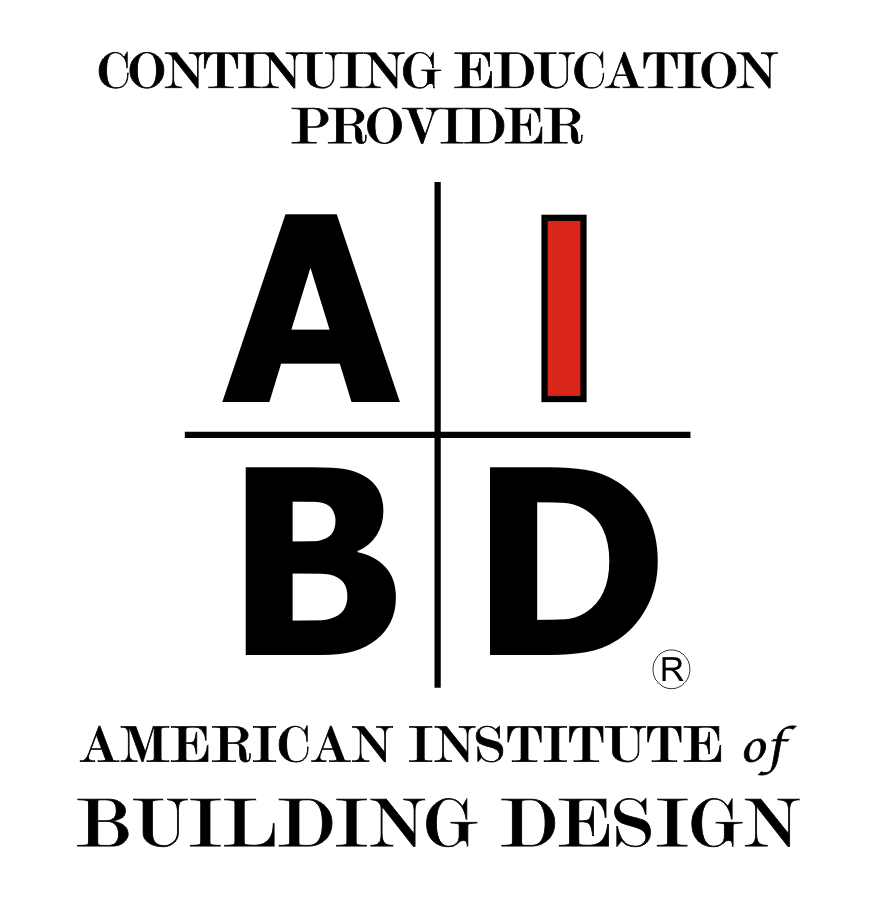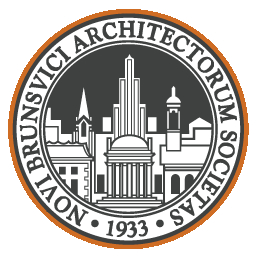Modular Building Design for High-Rise Multi-Family and Hospitality Buildings
Sponsored by Vectorworks, Inc. | Presented by Randolph Gerner and Luc Lefebvre; OAQ, LEED AP
Webinar On-Demand
This course will be presented as a conversation about Modular Building Construction and introduce its application for High-Rise Multi-Family and Hospitality building types while identifying the benefits of this construction technique. Modular construction can provide faster project delivery, help achieve the project’s sustainability goals, and may help to alleviate shortages of affordable housing. Though several headwinds are threatening this industry's segment.
The Modular building industry faces multiple challenges, including a lack of standardization, current manufacturing capacity within the US, and financing, but has potential benefits that may greatly outweigh the risks. We will explore alternative and often competing design strategies presently used by the industry as well as discuss the pros and cons of modular construction for multi-family housing and hospitality buildings.
Photo Courtesy of GKV Architects
151 Chestnut Street, Providence, Rhode Island

|
Randolph Gerner, co-founding Principal of Gerner, Kronick + Valcarcel, Architects, DPC, Randolph (Randy) Gerner is responsible for more than 10 million square feet of base building and interior design work. He has designed high profile award-winning commercial, residential, and corporate buildings, as well as retail interiors. Some of his projects include The Arc, a 413,000 square foot residential building nearing completion in Long Island City, Ten23, a residential complex adjacent to the High Line, and 2 Cooper Square in Greenwich Village. He has worked extensively in the United States and designed projects abroad in Asia, Europe and the Middle East. |

|
Luc Lefebvre, OAQ, LEED AP, received his undergraduate degree in architecture from Montreal University, and since then, he’s enjoyed more than 25 successful years in the business. With twenty years of experience in the architectural field as an Architect and BIM manager, Luc consistently strives to find new ways to gain efficiencies in the design process and more specifically with BIM projects. For the last five years at Vectorworks, Lefebvre has used his knowledge of Vectorworks and his professional practice experience to help other firms adopt more efficient workflows and transition to a BIM process. His role as the product marketing manager for architecture entails bridging market demand with the engineering team, supporting sales and customer success, and cultivating relationships with Vectorworks users. |
Vectorworks, Inc. is an award-winning design and BIM software provider serving the architecture, landscape architecture and entertainment industries in 85 countries. Creating intuitive software since 1985, we’ve become the preeminent software built to manage the entire design process. Globally more than 685,000 users are creating, connecting and influencing the next generation of design with Vectorworks on Mac and Windows. Headquartered in Columbia, Maryland, with offices in Newbury and London, England and Vancouver, Canada, Vectorworks is a part of the Nemetschek Group. Learn how we empower designers to create experiences that transform the world at vectorworks.net or follow @Vectorworks.
Originally published in Process Cooling
Originally published in August 2022
LEARNING OBJECTIVES
- Identify the benefits of modular construction for multi-family housing and hospitality building types and contrast them with conventional construction methods.
- Assess the design techniques for modular building components and explore alternative design strategies presently used by the industry.
- Evaluate how the industry is dealing with the standardization of modular products and how it can affect the project delivery timeline and sustainability goals.
- Recognize the headwinds the modular industry is facing regarding the building of manufacturing facilities and determine how it can affect project financing.











